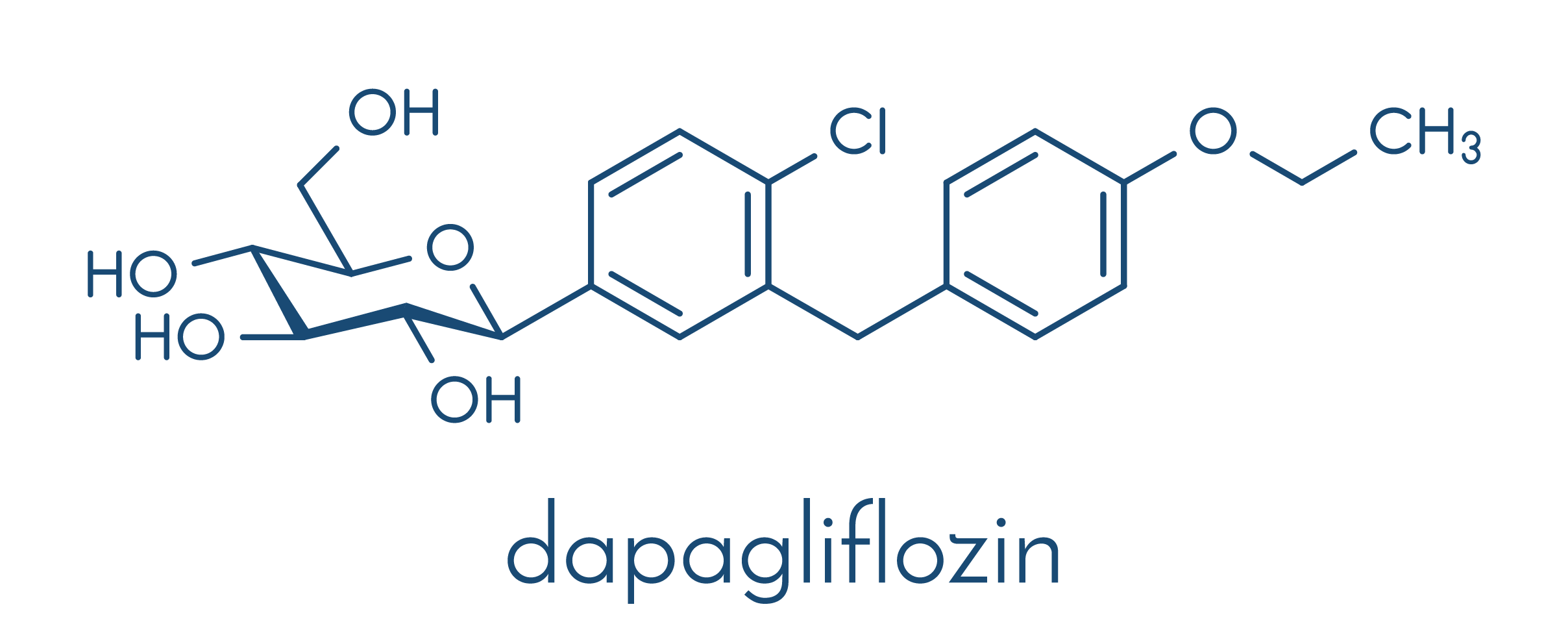Article
SGLT2 Inhibitors May Reduce Kidney Problems in Diabetics
The use of a commonly prescribed diabetes drug known as a sodium glucose cotransporter 2 (SGLT2) inhibitor to treat type 2 diabetes may help to lower the risk of serious kidney problems.
SGLT2 Inhibitors May Reduce Kidney Problems in Diabetics

The use of a commonly prescribed diabetes drug known as a sodium glucose cotransporter 2 (SGLT2) inhibitor to treat type 2 diabetes may help to lower the risk of serious kidney problems.
The findings published in the British Medical Journal (BMJ) lend additional evidence that this class of drugs is beneficial in a wide range of patients with type 2 diabetes.
Despite previous results from clinical trials that have shown that SGLT2 inhibitors protect renal function in patients with type 2 diabetes, their protective effect on the kidney had not yet been demonstrated in routine clinical practice.
Prescription data from national registries in Sweden, Denmark, and Norway was used to identify and compare outcomes in new users of two different classes of diabetes drugs SGLT2 inhibitors and dipeptidyl peptidase-4 inhibitors.
Hospital records and death statistics were used to track serious renal events in 29,887 new users of SGLT2 inhibitors and 29,887 new users of dipeptidyl peptidase-4 inhibitors (average age 61 years) during the period from 2013-18.
Compared with DPP-4 inhibitors, the researchers found that the use of SGLT2 inhibitors was associated with a reduced risk of serious renal events (2.6 events per 1000 person years versus 6.2 events per 1000 person years). This equates to a difference of 3.6 fewer events per 1000 person-years or a 58% lower relative risk of serious renal events with SGLT2 inhibitors.
Further analysis found greater risk reduction in patients with underlying cardiovascular disease and chronic kidney disease (CKD).
These findings complement the results of previous randomized trials, suggesting that SGLT2 inhibitors may lower the risk of serious renal events in routine clinical practice, they authors conclude.
However, some researchers point out that SGLT2 inhibitors have received several serious safety warnings since approval, and may warrant caution before being too widely prescribed .





